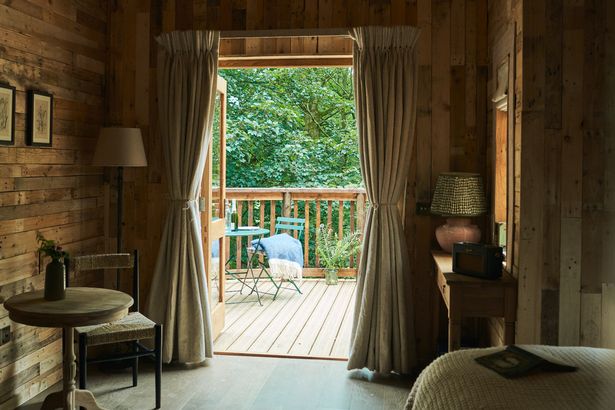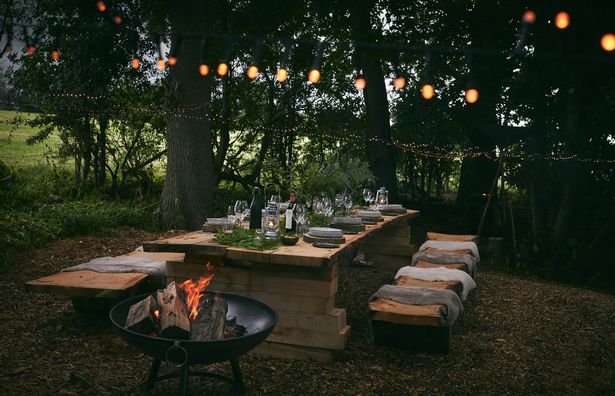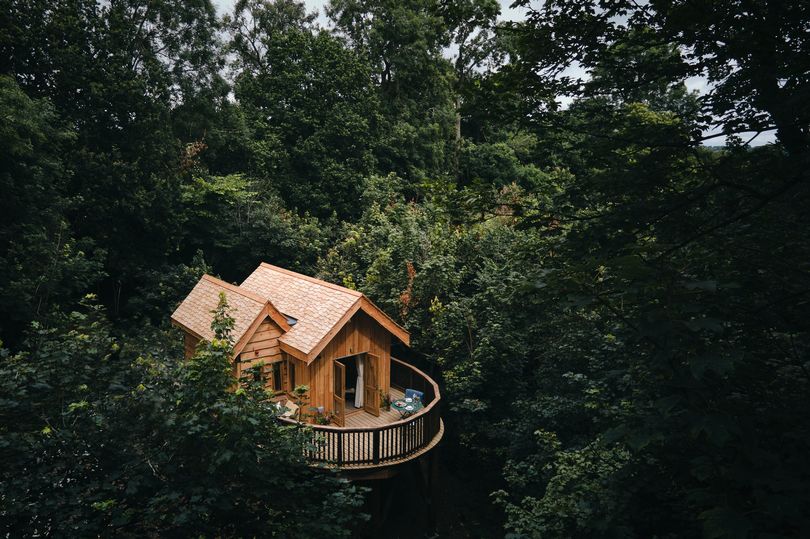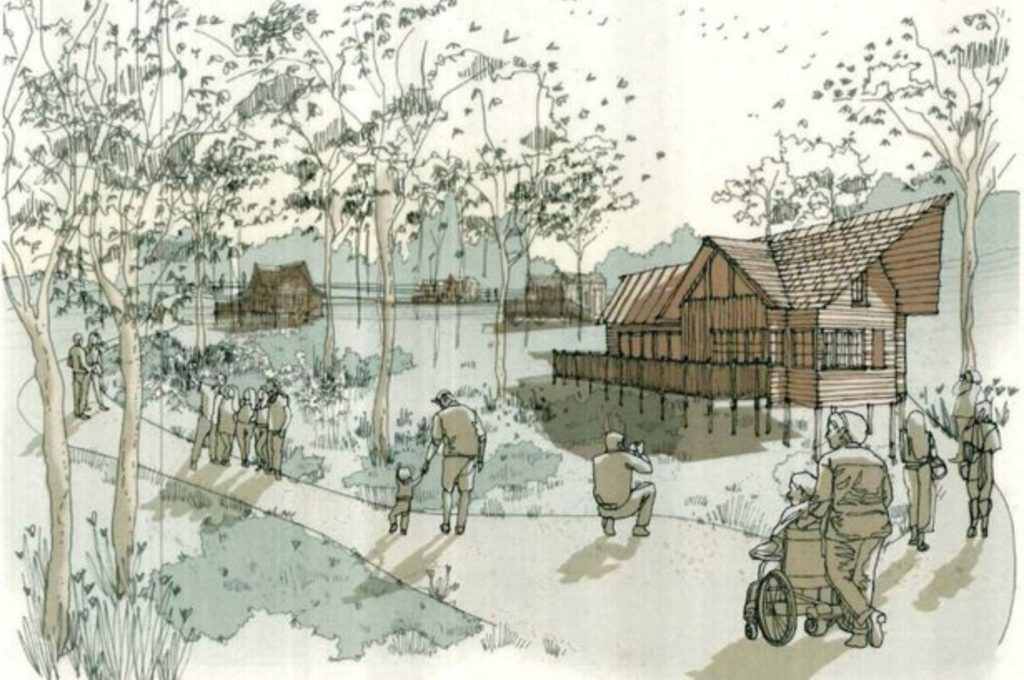PDP has successfully secured planning permission for an exciting new development of 11 ‘Wildhive’ woodland cabins at Callow Hall just outside the Derbyshire market town of Ashbourne, writes Richard Pigott, Director at Planning & Design Practice Ltd.
We wrote last December about a number of proposals we have been working on at Callow Hall, a well-established Grade II listed country house hotel providing luxury accommodation for tourism and business. The site was acquired by Wildhive in 2018 but with the clear understanding that the existing 16 bed hotel is simply not viable without a greater number of bed spaces.
Since 2018 we have been commissioned by Wildhive to provide planning consultancy services on a number of exciting proposals for Callow Hall including:
- Conversion of the Grade II listed former stables/coach house building to 4 holiday suites;
- Creation of a new car park to the east of the access drive;
- New garden room extension; and
- Internal and external alterations to reconfigure and sympathetically modernise the main Callow Hall building.
However. perhaps the most exciting but also the most contentious element was the proposal to create 11 woodland cabins or “Wildhives” within the woodland adjacent to the hall. The application was initially hit by stiff opposition from a number of key consultees. We were always confident that the heritage concerns could be offset by the economic benefits of the proposal but the wood’s formal designation as ancient woodland led to objections from Derbyshire Wildlife Trust, the Woodland Trust and council’s the Trees and Landscape Officer as they all felt the scheme would harm the woodland.
At this juncture, we recommended that the clients commission Sylvan Consulting, the country’s only specialist ancient woodland consultancy, a bi-disciplinary collaboration covering arboriculture and biodiversity. They have an unrivalled track record of success in respect of ancient woodland, veteran trees and historic landscapes.
Sylvan’s detailed site analysis found that despite Callow Wood’s ancient woodland designation, it contains very few veteran trees and is relatively biodiverse‐poor. Two of its most significant problems arise from its attributes as a small and relatively isolated wood. Added to this are the problems of uncontrolled and prolific rabbit activity; and lack of beneficial management. Sylvan concluded that any negative impacts within the woodland would be significantly outweighed by a package of mitigation measures including beneficial woodland management; rabbit control; tree and hedgerow planting, and management changes, to create and enhance connectivity to Mapleton Road Wood (another area of ancient woodland lying a short distance to the west). The result will be a larger area of woodland that is greater than the sum of its parts, thus enhancing Callow Wood as well.
The objectors, however, were not convinced and the planning officer recommended that the planning committee should refuse the application.
However, local councillors took a different view and went against officer recommendation. Councillor Sir Richard Fitz-Herbert of the Dovedale and Parwich ward advocated that councillors vote against the officer’s recommendation to turn down the scheme. He said “It represents to me a huge investment in Derbyshire Dales, a huge investment in Ashbourne and a huge investment into our area and to tourism businesses in the Peak District.
He continued, “While it is ancient woodland, I think certainly as far as the Derbyshire Dales goes, that the benefits of this development will outweigh any particular harm and there are lots of mitigating points done by the applicants in this way.”
As well as securing the future of the hotel, the economic and social benefits of the scheme, as set out in the Economic Footprint Report, will include:
- Attracting 8,175 overnight visitors per annum, generating more than £1m in visitor expenditure across a range of sectors in the local economy
- 40 Full-Time Equivalent jobs (allowing for economic multiplier impacts);
- Generating demand for local suppliers, with £400,000 per annum spent with businesses in Ashbourne, rising to £650,000 across Derbyshire Dales; and
This multi million pound investment also amounts to a massive vote of confidence in Ashbourne and the Derbyshire Dales as we deal with the effects of Covid-19.
We look forward to seeing the re invigoration and transformation of Callow Hall come to fruition as they look to re-open in the spring of 2021, incorporating the Wildhive cabins.
Main image: Wild Hives_Blue Forest (UK) Limited






